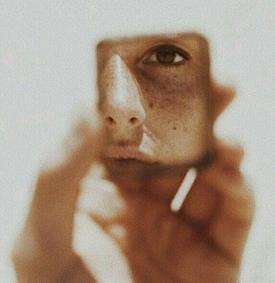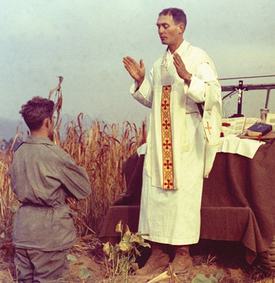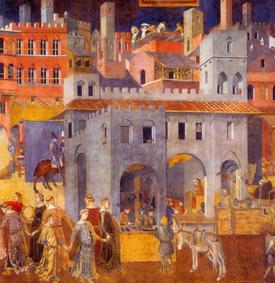
I Identify As...
We used to know ourselves by looking to what was most familiar—to our bodies, families, customs, and traditions. Who we were was tied to place, a community of relations whose bearings remained fixed and stable. Today, such embeddedness is intolerable. Identity is something we create, something we express while compelling the recognition of others. Yet, our new “fluid” selves have yielded only homelessness, an existence without roots in either place or person. We live under the specter of there being nothing our own. From where does our permanence derive? Surprisingly, it might be accepting ourselves as beholden to others—as ineluctably given—by which we regain our sense of who we really are.

